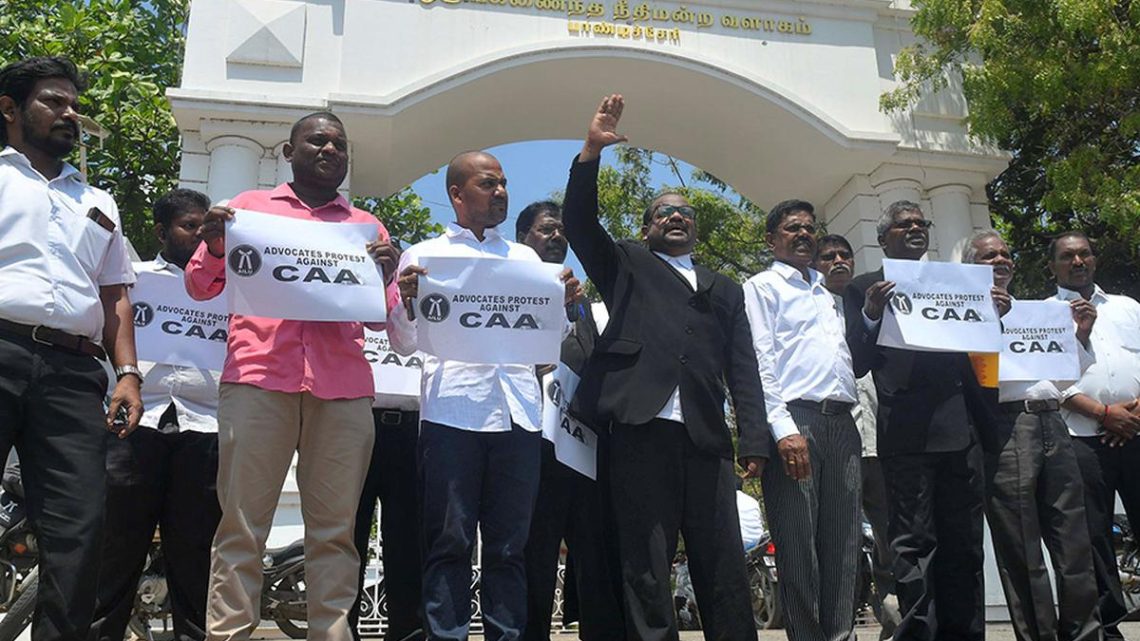
Bengaluru Lawyers Protest New Criminal Laws, Warn of Constitutional Erosion
July 2, 2024The legal fraternity in Bengaluru staged a significant protest against the newly enacted criminal laws across India. Held in front of the City Civil Courts, the demonstration saw participation from prominent lawyer groups such as the Indian Association of Lawyers, the All India Lawyers Association for Justice, and the All India Lawyers Union.
Lawyers strongly opposed these new laws, dubbing them “black laws” designed to alter the Indian Constitution. Advocate Sharath remarked, “These laws are a direct attempt to introduce elements of Sanskrit and Manusmriti, reverting to archaic practices that go against humanity.”
One of the primary concerns raised by the protesters was the drastic extension of detention periods under the new laws, which allow for detention of up to 90 days without bail. Advocate Akmal Pasha highlighted, “This extended custody period goes against the spirit of our Constitution.” The legal community fears that these changes could lead to a police state, particularly targeting rights activists who speak out against atrocities on minorities, Dalits, tribals, laborers, and farmers. “It’s an attempt to suppress democratic voices,” added Advocate Sharath.
The protesters described the laws as “undemocratic and unconstitutional,” suggesting they are part of a conspiracy to dismantle the basic structure of the Constitution. Advocate Maitrikrishnan pointed out, “The extension of police custody could lead to torture, and the public display of accused individuals undermines the presumption of innocence.”
Criticism also focused on the central government’s lack of consultation with key stakeholders, including bar councils and lawyers’ organizations, before amending these laws. Advocate Krishnan noted, “These amendments were made without any input from those directly affected.”
Muralidhar, the national general secretary of the Indian Association of Lawyers, accused the current government of authoritarian tendencies. “Under Modi’s leadership, company laws and labor laws have been altered. Now, these criminal laws have been implemented in haste to prevent any opposition,” he remarked.
The legal community’s warnings about the erosion of constitutional rights and the potential for increased state oppression reflect a broader fear that these laws could fundamentally alter India’s democratic landscape.

